A Battle of Smoke and Mirrors
The road to legalizing weed has just begun
The legalization of marijuana in Illinois is not a question of if, but when. This has been touted by legislators across the country, most recently within Illinois’ own General Assembly. Bills are being pushed through both chambers with the aim at legalizing the purchase of up to 28 grams and giving the state a boost in tax revenue to help its budgetary gridlock. If Illinois passes this, we will become the eighth state to legalize recreational smoking of the Devil’s Cabbage.
Or will we have? Even if recreational pot is passed in the state legislature, federal law states the drug is illegal under the Drug Enforcement Agency’s (DEA) drug scheduling, putting it next to drugs like heroin in the highest level of offense – schedule one. Because of this, every state that has legalized marijuana is committing a federal offense.
The federal government’s laws have supremacy over all state legislation. The Tenth Amendment to the U.S. Constitution states: “The powers not delegated to the United States by the Constitution, nor prohibited by it to the States, are reserved to the States respectively, or to the people.”
Why have these states had the ability to sell marijuana if it was federally illegal? Former-President Barack Obama’s administration ignored the proverbial supremacy clause and allowed these states to legalize. In a 2015 interview with Hank Green, a YouTuber on the multi-million subscribed channel “vlogbrothers,” Obama stated, “The position of my administration has been that we still have federal laws that classify marijuana as an illegal substance, but we’re not going to spend a lot of resources trying to turn back decisions that have been made at the state level on this issue.”
With our new President Donald Trump and his Attorney General Jeff Sessions, we aren’t going to see the same sort of treatment towards marijuana law. After his confirmation, Sessions gave a statement that fully describes his disdain towards pot. “I don’t think America is going to be a better place when people of all ages, and particularly young people, are smoking pot,” said Sessions. “I believe it’s an unhealthy practice, and current levels of THC in marijuana are very high compared to what they were a few years ago, and we’re seeing real violence around that.”
Although pot has had no deaths directly tied to its use compared to the approximately 88,000 annual deaths from alcohol, based on CDC statistics, Sessions has a heavy-handed claim on smoking a plant without added preservatives versus drinking a legal flammable liquid.
What is there to do when the executive administration will crack down on any states that follow the Obama administration’s lead and legalize state-by-state? There’s always declassifying it through the DEA, however that administration seems to be totally opposed to declassifying it even one schedule down to make marijuana medically applicable in all 50 states.
The Obama administration’s DEA Administrative Chief Chuck Rosenburg said in a statement that marijuana has “no currently accepted medical use in treatment in the United States.” Ask any epilepsy patient with a medical card or any veteran with PTSD who uses marijuana, and they’ll tell you all the benefits from utilizing not only the THC but all parts of the plant itself to help lower their respective ailment’s effects.
So if that’s out, then what about legalizing it through a bill? With a conservative-controlled Congress, it’s very unlikely marijuana will be legalized. The GOP has been one of the most staunchly opposed groups to legalization of marijuana, even though many legislators have come around to see the lack of support behind the claim that it’s bad for its users.
If both attempting to legislate and declassifying the drug are out, then what is there to do? The federal administration seems unlikely to legalize it under the Trump administration, and states who go against the ban have had to jump through hurdles in order for their respective dispensaries to be within legal correspondence compared to other businesses.
With the feds slapping the “illegal” label on marijuana dispensaries, banks and credit unions refuse to give dispensaries accounts. Doing so could implicate them in drug money laundering, which would take away their Federal Deposit Insurance Corporation status and ultimately kill their entire business. As a result, dispensaries are forced to only accept cash, as well pay their taxes completely with cash. On top of this, they can’t take advantage of federal tax loopholes that other businesses in their same brackets have at their disposal due to their illegal status.
Weed will never be truly legal until it is accepted on the federal level.
However, if enough states recreationally legalize pot, it will send a signal to the federal government that they have become truly out of sync with society. Although it goes against the Constitution and is a clear violation of our founding Bill of Rights, this seems to be the only way to make anyone discuss the possibility of legalizing marijuana.
Twenty-eight states and Washington D.C. currently have legal medical marijuana. Seven states currently have legalized recreational use. Will Illinois follow the lead of these brave states and go against the federal government to prove a point?



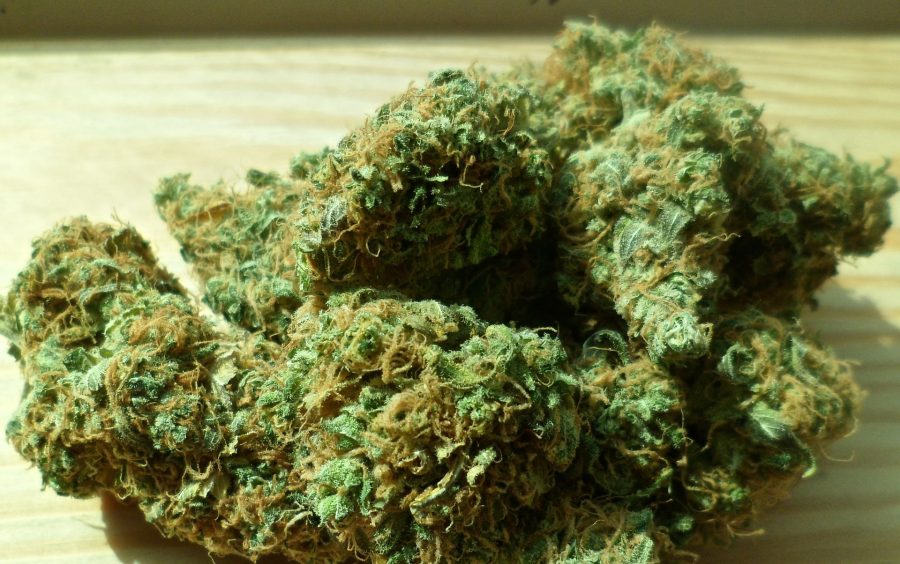
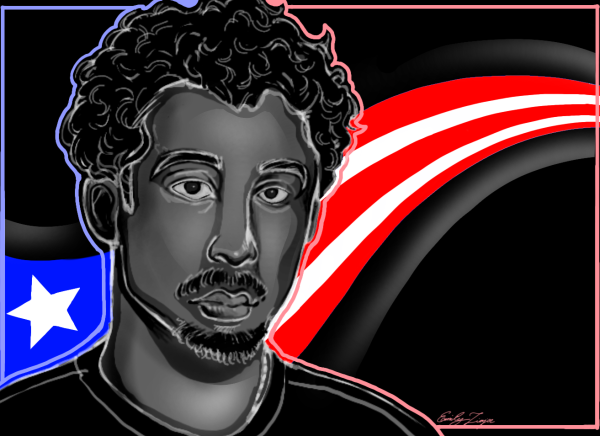
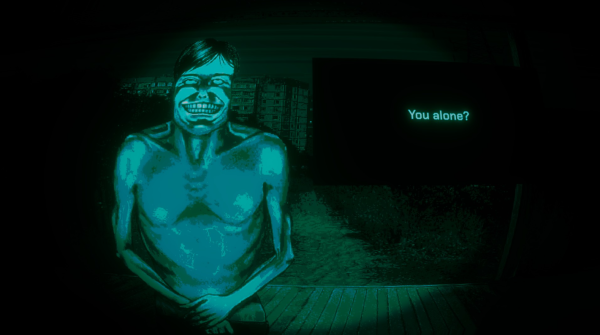
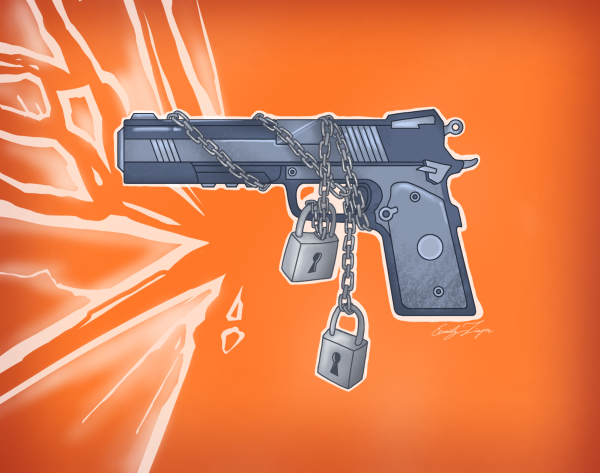
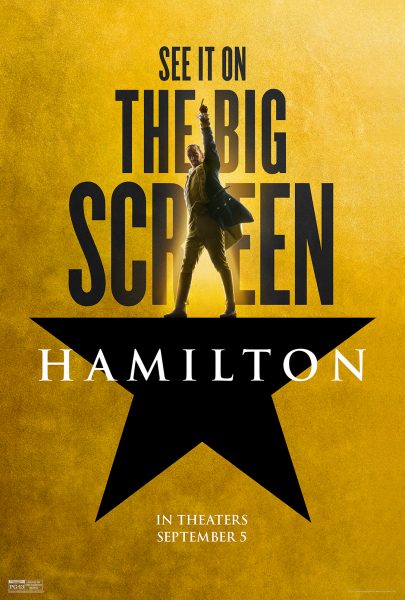

Mitch • Apr 20, 2017 at 8:36 pm
Our opiod crises can be dramatically improved with the legalization of cannabis. Who can oppose that except the Pharmaceutical industry?